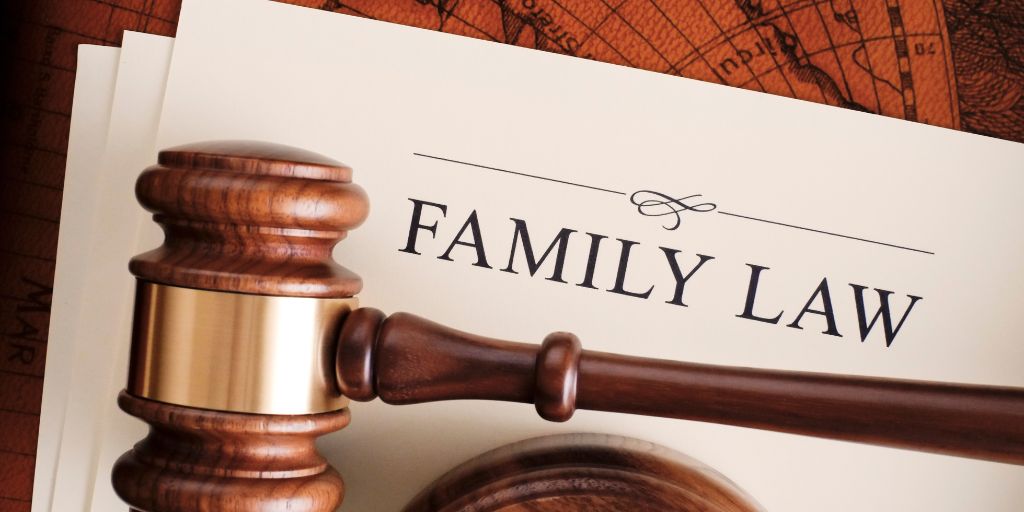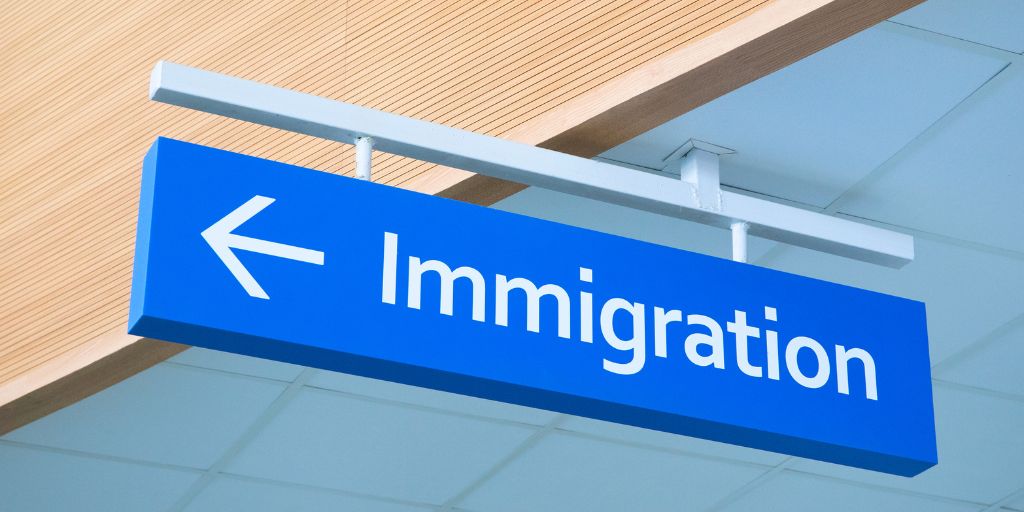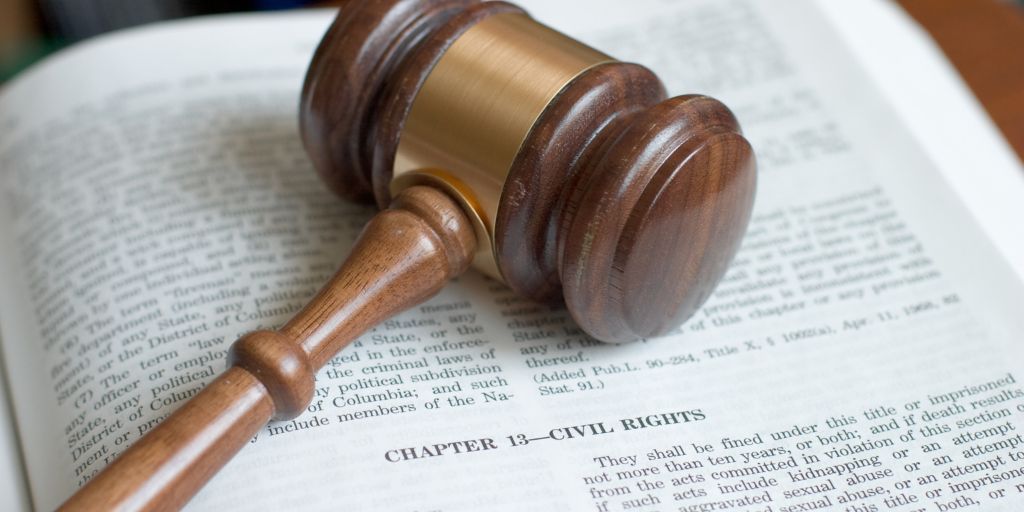FAQ - Refugee & Protection Claims

1
What is family law?
- Family law is a legal practice area that deals with issues related to family relationships such as marriage, divorce, child custody, child support, adoption, and domestic violence.

2
How is child custody determined?
- Child custody is determined based on the best interests of the child, which includes factors like the child’s age, health, emotional ties with parents, parents' ability to care for the child, and the child's ties to their home, school, and community.


3
What is the difference between legal custody and physical custody?
- Legal custody refers to the right to make major decisions about the child's life, such as education, healthcare, and religious upbringing. Physical custody refers to where the child lives and the day-to-day care of the child.

4
How is child support calculated?
- Child support is calculated based on guidelines that consider the income of both parents, the amount of time each parent spends with the child, and the child's needs. Each jurisdiction has specific formulas to determine the support amount.


5
What are the grounds for divorce?
- Grounds for divorce vary by jurisdiction but commonly include irreconcilable differences, adultery, abandonment, mental illness, and cruelty. Some places offer no-fault divorce where no specific wrongdoing needs to be proven.

6
How is property divided in a divorce?
- Property division in a divorce depends on whether the jurisdiction follows community property or equitable distribution principles. Community property states split marital property 50/50, while equitable distribution states divide assets based on fairness, considering factors like the length of the marriage and each spouse's financial situation.


7
What is spousal support or alimony?
- Spousal support or alimony is financial assistance that one spouse may be required to pay to the other after a divorce. It is intended to help the lower-earning spouse maintain a similar standard of living to that which was established during the marriage.

8
How can a prenuptial agreement protect my assets?
- A prenuptial agreement can protect your assets by clearly defining how property and financial matters will be handled in the event of a divorce. It can outline asset division, debt responsibility, and spousal support, thereby minimizing conflicts and protecting individual assets.


9
What steps are involved in the adoption process?
- The adoption process typically involves:
- Submitting an application.
- Completing a home study to assess the suitability of the adoptive home.
- Attending training sessions.
- Matching with a child.
- Finalizing the adoption through a legal process.

10
What should I do if I am a victim of domestic violence?
- If you are a victim of domestic violence, you should:
- Seek immediate safety and call emergency services if in danger.
- Obtain a protective or restraining order from the court.
- Reach out to local shelters or domestic violence hotlines for support and resources.
- Consult with a family law attorney to understand your legal options and protect your rights.

